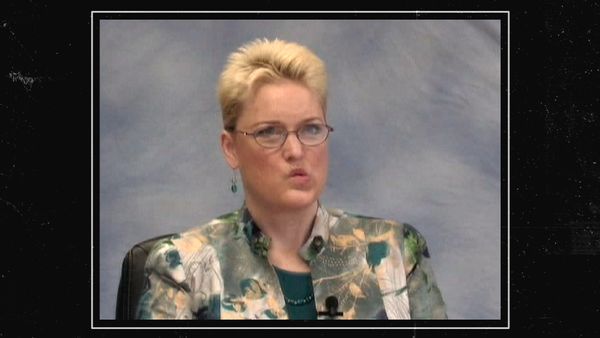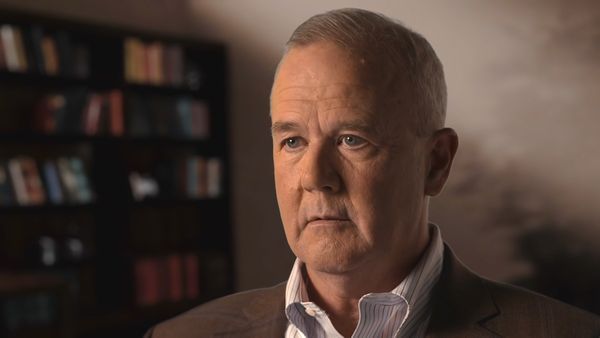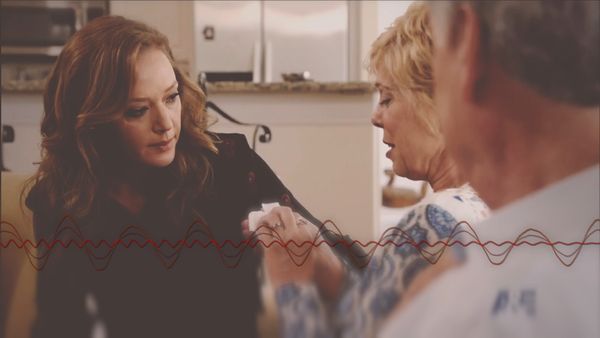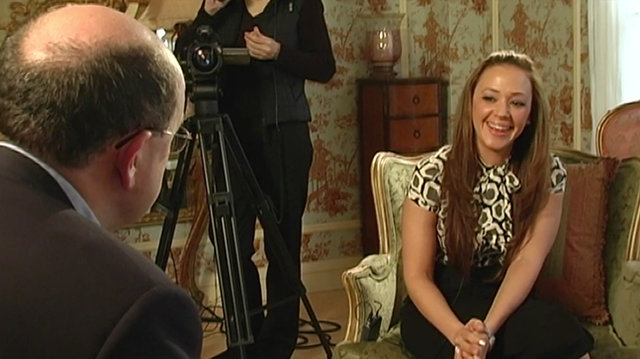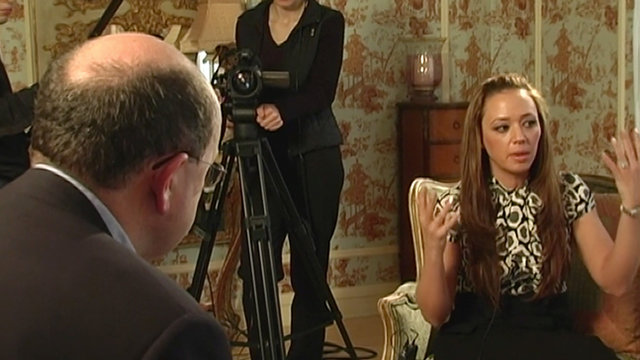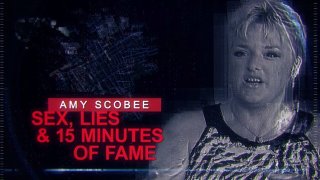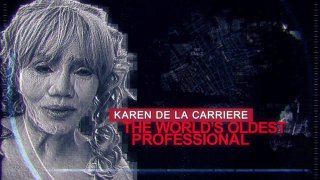Ben Rinder speaks on his father, Mike Rinder, who was absent during Ben’s two-year ordeal with life-threatening cancer, then tried to exploit him for media during his recovery.
I’m Ben Rinder and I live in Clearwater, Florida.
Ben Rinder speaks on his father, Mike Rinder, who was absent during Ben’s cancer treatment, then tried to exploit Ben for publicity during his recovery.
Honestly, I don’t remember—I don’t recall ever growing up with my father. For me and him, it was very nonexistent. I was—I guess I would say I felt irrelevant to his life.
I was diagnosed with cancer and that’s a rough time for someone especially—I mean, you sit down in a room with five or six doctors and they diagnosed you that—you need to make some serious decisions about your life right now because in five years you’re not going to be alive. And to kind of sit in a room and then have to think about that and think about the decisions and then not have a father figure there for you is—I find it, I don’t know, maybe selfish on his—maybe I’m selfish. But selfish on his part that there’s absolutely nothing. Your child is literally told he’s going to be dead in five years. Nothing. So, nonetheless, I dealt with that and we figured it out and did a lot of research and my mom and sister researched a lot. I went through the whole procedure and it’s been eight—seven, eight years and I’m not dead, and I think I can attribute that to my group. And actually recovered better than I should have, and he wasn’t there for it at all.
He did not contact me once. He didn’t offer to help pay the medical bills, he didn’t maybe ensure that I was getting the best treatment that we could get. He did nothing. He was not involved at all.
And then in 2009, I think, I was in the sauna and two policemen come into the sauna—but, you know—“We need to see you.” So I, “Okay.” So I got up out—went out of the sauna. Basically said, “Your dad is at the front of the building and he wants to see you. He’s waiting for you.” And, you know, for a moment you can think, “Oh he—maybe there’s a bit of compassion there or care.” But then you think, “Well, wait a sec. What’s the only reason he would be standing in front of the Fort Harrison with a camera crew trying to come and get me, getting the police involved?” He’s just trying to make himself right maybe or prove a point like, “Look how bad they treated us” and to create a fabricated story or something. And I said, “I want nothing to do with him. I don’t want to talk to him. I don’t want to see him. I want nothing to do with him. I’m living my life and I’m figuring it out and he can live his life and he’s on his own with that. I want nothing to do with it.” And they said, “Okay, so you want nothing to do with him?” “I want nothing to do with him.”
He doesn’t care about me, he doesn’t. If I had died five years ago, it would have just been like, “Shoot, I need another angle now” to, you know, cause trouble or whatever. So...I’m perfectly happy with him not knowing anything about me. I don’t, I don’t care. I don’t live my life trying to, you know, prove him, prove something. Doesn’t matter to me.
Other than showing up at the front of the Fort Harrison, he has never contacted me. I don’t think he’s ever called me in my life. Like, and I’m not talking about just since he left. I’m saying I don’t think he’s ever called me.
He’s totally separated himself from us [our family] and we are all in touch. We are all doing what we’ve been doing, moving on with life.
We were all in the same space—like here’s all of us in this circle. We are all still here, except for him—he’s the only one that moved out of this hypothetical space. I think that defines disconnection. We’re all doing exactly what we were doing, what we’ve always been doing. We’re doing better and we’re totally fine and I think he’s the odd one out.
